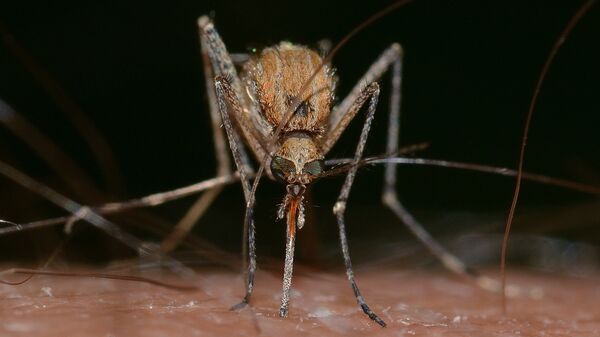Nearly two years after Verily released 14.4 million sterile male mosquitoes in Fresno County, California, as part of its “Debug Project,” the research organization is now reporting that its trials, which spanned from April 2018 through October 2018, were successful in suppressing more than 93% of the female mosquito population.
“We had a vision of what this should look like, and we managed to do that pretty perfectly,” Jacob Crawford, a senior scientist on the project, told Bloomberg.
The research, detailed Monday in the peer-reviewed journal Nature Biotechnology, relied on the use of lab-bred Aedes aegypti male mosquitoes to curb the female population - which are the ones that bite. To do this, scientists infected the lab-made mosquitoes with a common bacterium known as Wolbachia - which occurs naturally among some mosquito species and renders the insect sterile.
This process, dubbed the “sterile insect technique” (SIT) takes advantage of the fact that female mosquitoes, on average, only mate once. If a female mosquito mates with a sterile male, the resulting eggs won’t hatch.
“This work demonstrates the high efficacy of mosquito SIT in an area ninefold larger than in previous similar trials, supporting the potential of this approach in public health and nuisance-mosquito eradication programs,” wrote researchers in the April 6 publication.
The particular mosquito used in Verily’s research is the primary disease vector of yellow fever, dengue, chikungunya and Zika.
In addition to Alphabet, Microsoft co-founder and billionaire Bill Gates has pledged to use his wealth to fight against malaria, another mosquito-borne disease. According to his annual mosquito release on his website, he is currently backing a CRISPR method approach to genetically edit mosquitoes, affecting their chromosomes and rendering their descendants unable to reproduce normally.
These edited mosquitoes would then go on to mate with wild counterparts and “dramatically reduce the number of disease-carrying insects in certain areas.”
“Instead of killing a bunch of mosquitoes indiscriminately, we could eliminate only the dangerous ones,” Gates suggested in his article.



